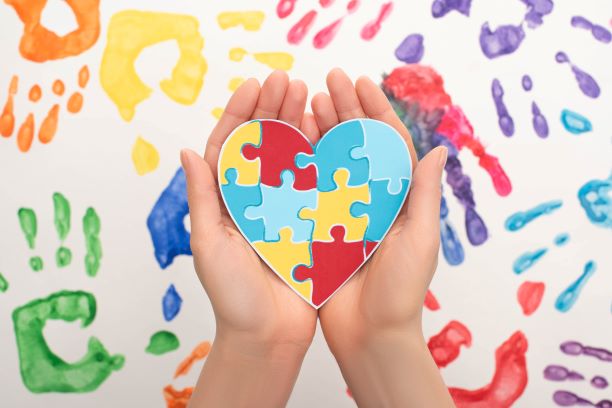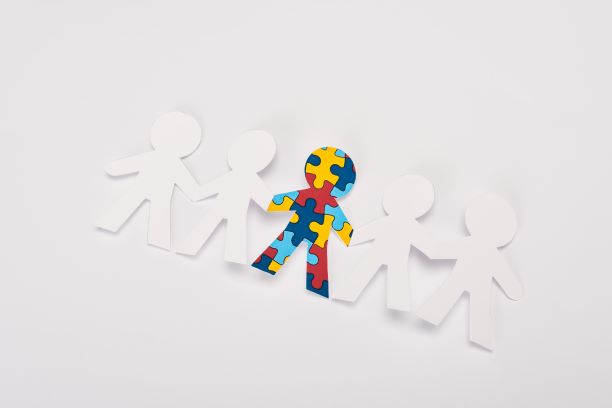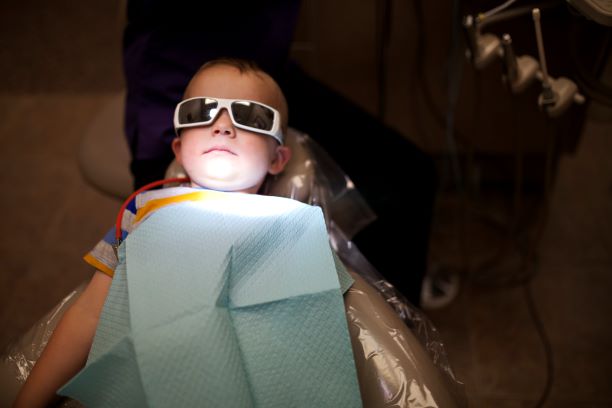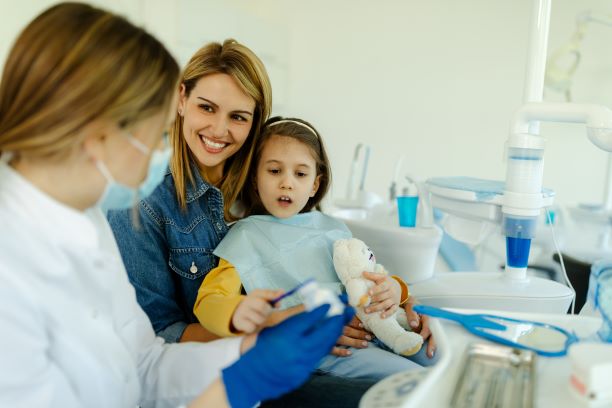Children with autism spectrum disorder may be at increased risk for oral disease due to their impaired ability to understand or participate in their daily hygiene and cooperate with preventive programs, especially those undergoing drug treatment for anxiety, behavioral problems, schizophrenia, and manic episodes, and epilepsy, among others. These children tend to base their lives on the repetition of routines, patterns, or rituals and may explode in a tantrum of deep frustration if there is a change in this daily routine. From this point derives the need to establish a systematic desensitization program or dental protocol before dental treatment so that the child knows the steps to follow and becomes familiar with the scope and routine of work. Brushing teeth is part of everyone’s daily hygiene routine. For people with autism, it can represent a great challenge, as they usually present several difficulties (they are bothered by the sensation of having a wet face, the texture or taste of toothpaste is unpleasant for them, sometimes they do not know how to spit). For this reason, autistic children should see a pediatric dentist as soon as possible to try to establish familiarity with the dentist and create an oral hygiene routine. It is essential to remember that there is no room for improvisation with the autistic child.






























